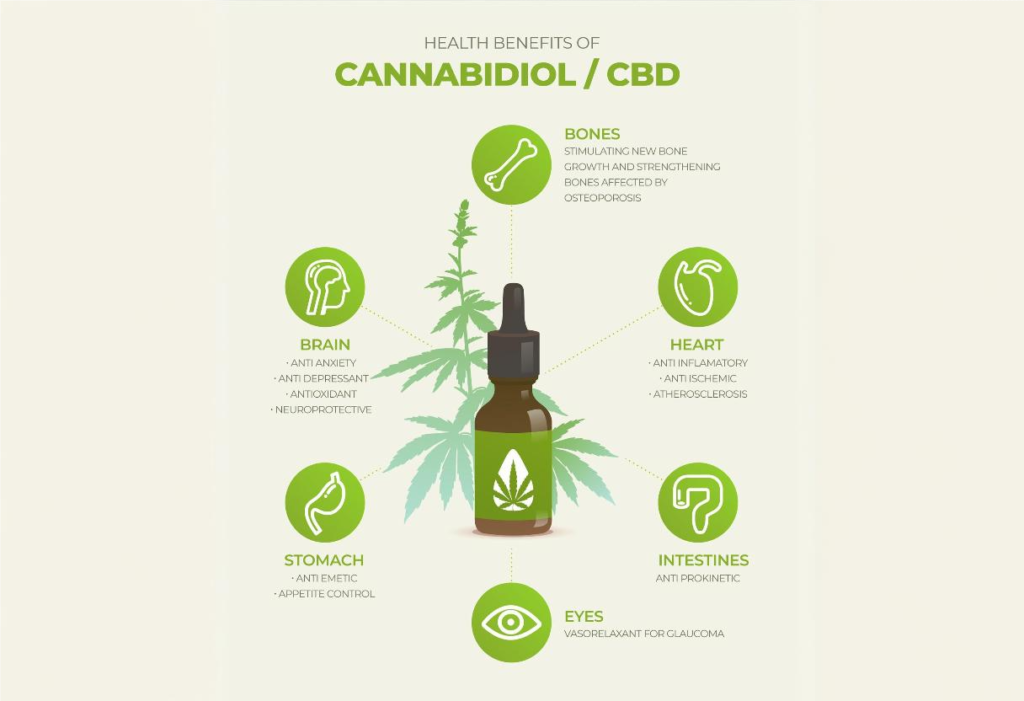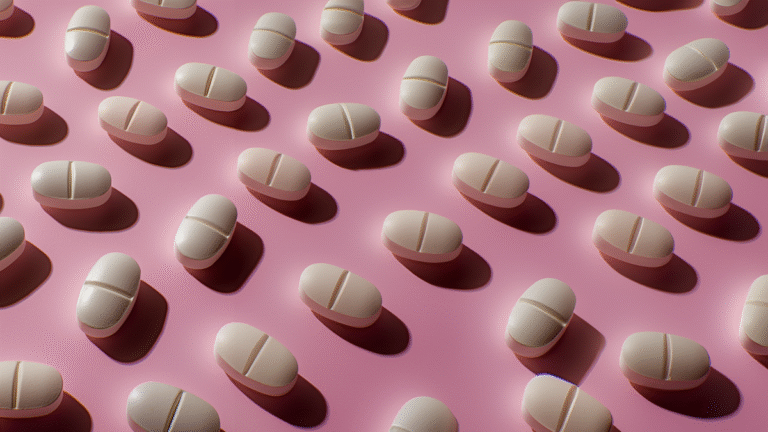About CBD
What is CBD?
Cannabidiol, Commonly Referred to as CBD, is a Natural Compound Found in the Cannabis Plant. Unlike its Well-known Counterpart, THC (tetrahydrocannabinol), CBD does not Produce Psychoactive Effects. This means that Using CBD will not result in the “High” Typically Associated with Marijuana Use. Instead, CBD is Primarily Used for its Potential Therapeutic Benefits.

About CBD: What It Is and Its Benefits
How Does CBD Work?
CBD interacts with the body’s endocannabinoid system (ECS), which is crucial in maintaining homeostasis and regulating various functions such as mood, sleep, and appetite. By influencing the ECS, CBD may help promote relaxation and alleviate discomfort without the euphoric effects of THC. Research is still ongoing, but early studies suggest that CBD may aid in managing conditions such as anxiety, chronic pain, and inflammation.
Potential Benefits of CBD
Many individuals are turning to CBD for its potential health benefits. The most commonly cited uses include pain relief, anxiety reduction, and improved sleep quality. Additionally, CBD products like oils, creams, and edibles are becoming increasingly popular as natural alternatives to traditional medications. However, consulting a healthcare professional before starting any new supplement regimen is essential. More clinical research is needed to understand CBD’s efficacy and safety fully.






